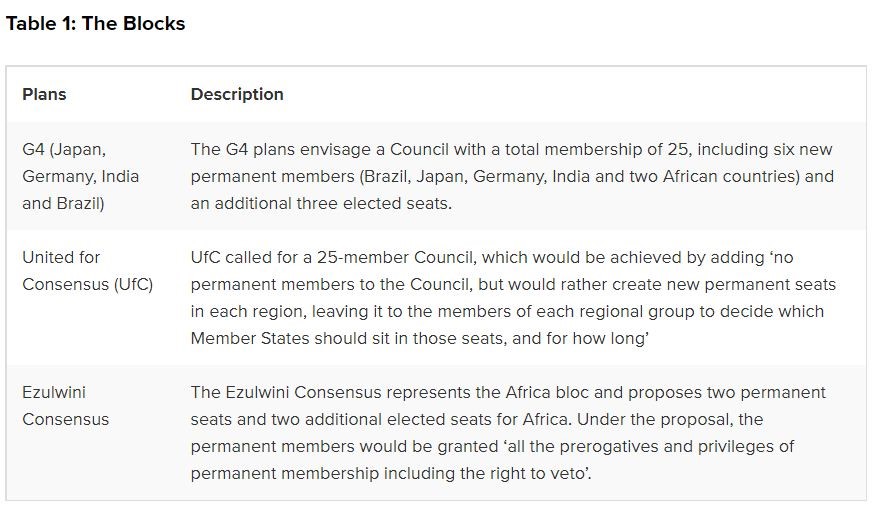Description

Disclaimer: Copyright infringement not intended.
Context: THE UN Security Council does not reflect today’s realities, is paralysed and unable to discharge its basic function of maintaining international peace and security when one of its permanent members has attacked its neighbour, UN General Assembly (UNGA) President Csaba Korosi has said.
Details:
- Korosi, a Hungarian diplomat currently serving as President of the 77th UNGA, said there is a push from a growing number of member nations to reform the powerful UN organ.
United Nations Security Council (UNSC):
- The United Nations Security Council (UNSC) is one of the six principal organs of the United Nations (UN) and is charged with ensuring international peace and security, recommending the admission of new UN members to the General Assembly, and approving any changes to the UN Charter.
- The UNSC is the only UN body with the authority to issue binding resolutions on member states.
.jpeg)
Composition of UN Security Council:
The UN Security Council is composed of:
- 15 members, including five permanent member states - China, France, Russian Federation, the United States, and the United Kingdom - and
- 10 non-permanent member states elected by the United Nations General Assembly (UNGA).
- Each non-permanent member gets the opportunity to work as UNSC president.
- Ten non-permanent members are elected to the UNSC every year for a two-year term. India's current term began on January 1 of this year and will last until December 31, 2023.
- The 10 non-permanent seats are distributed among the regions of the world: five seats for African and Asian countries(three are for Africa and two for Asia), one for Eastern European countries, two for Latin American and Caribbean countries, and the remaining two for Western European and other countries.
- The Africa and Asia Pacific group takes turns every two years to put up an Arab candidate.
Veto power of UNSC member states:
- The UN defines 'veto' as a "special voting power", which provides that "if any one of the five permanent members cast a negative vote in (UNSC), the resolution or decision would not be approved".
- However, the "veto power" is restricted to P5 member states of the UN Security Council. Non-permanent members of the UNSC do not enjoy this privilege.
- Article 27 of the UN Charter says each member of the UNSC shall have one vote and that decisions on "procedural matters" shall require no more than the affirmative vote of nine out of the 15 members.
- Decisions on any other matter need not only an affirmative vote of nine members but also the concurring votes of the permanent members.
Call for reforming UNSC:
- New Delhi has been advocating for the need to expand the P5 for some time now. Over the years, other countries have also been pushing for India to be included in a reformed, expanded UN Security Council.
- The argument of many critics of the United Nations Security Council is that it isn’t effective and that it needs to be fundamentally reformed. The loudest calls for reform come from those who believe that the inclusion of a host of new permanent members is the answer to the effectiveness deficit. Others argue that it is folly to suggest that the addition of new permanent members would amount to meaningful reform.
- Since the end of the cold war, these reform debates, contorted by politics, have circled endlessly without any prospect of conclusion. With the creation of the ‘Open-ended Working Group on the Question of the Equitable Representation on and Increase in the Membership of the Security Council and Other Matters Related to the Security Council’ (the UN committee with the longest title), the debate became formalized and plans for reform subsequently proliferated.

In simple terms, the arguments for reform through enlargement and new permanency are as follows:
- A Council that is more reflective of the contemporary geopolitical realities of the world = A more effective Council
- A more representative Council = A more effective Council
- A more democratic Council (incorporating inclusive and participatory decision-making) = A more effective Council
- A Council with a membership that includes regional powers will be more capable = A more effective Council

https://indianexpress.com/article/india/unsc-does-not-reflect-todays-realities-is-paralysed-says-unga-president-8411751/













